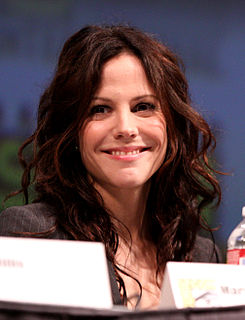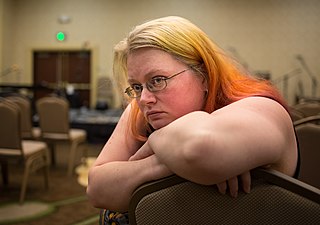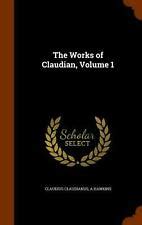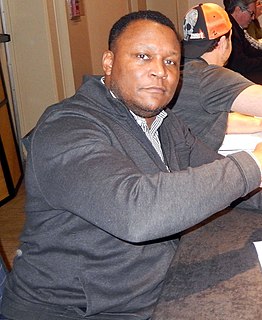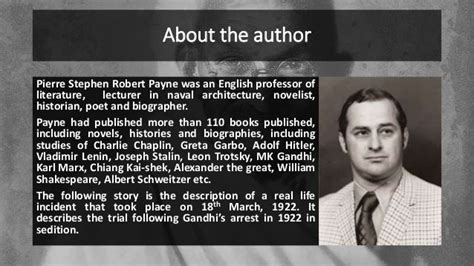A Quote by Boris Pasternak
Related Quotes
The fact is that I have lived with the belief that power, any kind of power, was the one thing forbidden to poets. ... Power requires that the inner person never be unmasked. No, we poets have to go naked. And since this is so, it is better that we stay private people; a naked public person would be rather ridiculous, what?
... we are obliged to produce the truth by the power that demands truth and needs it in order to function: we are constrained, we are condemned to admit the truth or to discover it. Power constantly asks questions and questions us; it constantly investigates and records; it institutionalizes the search for the truth, professionalizes it, and rewards it. ... In a different sense, we are also subject to the truth in the sense that truth lays down the law: it is the discourse of truth that decides, at least in part; it conveys and propels effects of power.
I think that if the beast who sleeps in man could be held down by threats of any kind, whether of jail or retribution, then the highest emblem of humanity would be the lion tamer, not the prophet who sacrificed himself.... What for centuries raised man above the beast is not the cudgel but the irresistible power of unarmed truth.
Confession frees, but power reduces one to silence; truth does not belong to the order of power, but shares an origincal affinity with freedom: traditional themes in philosophy, which a political history of truth would have to overturn by showing that truth is not by nature free--nor error servile--but that its production is thoroughly imbued with relations of power. The confession is an example of this.
Let me be the first to admit that the naked truth about me is to the naked truth about Salvador Dali as an old ukulele in the attic is to a piano in a tree, and I mean a piano with breasts. Senor Dali has the jump on me from the beginning. He remembers and describes in detail what it was like in the womb. My own earliest memory is of accompanying my father to a polling booth in Columbus, Ohio, where he voted for William McKinley.



